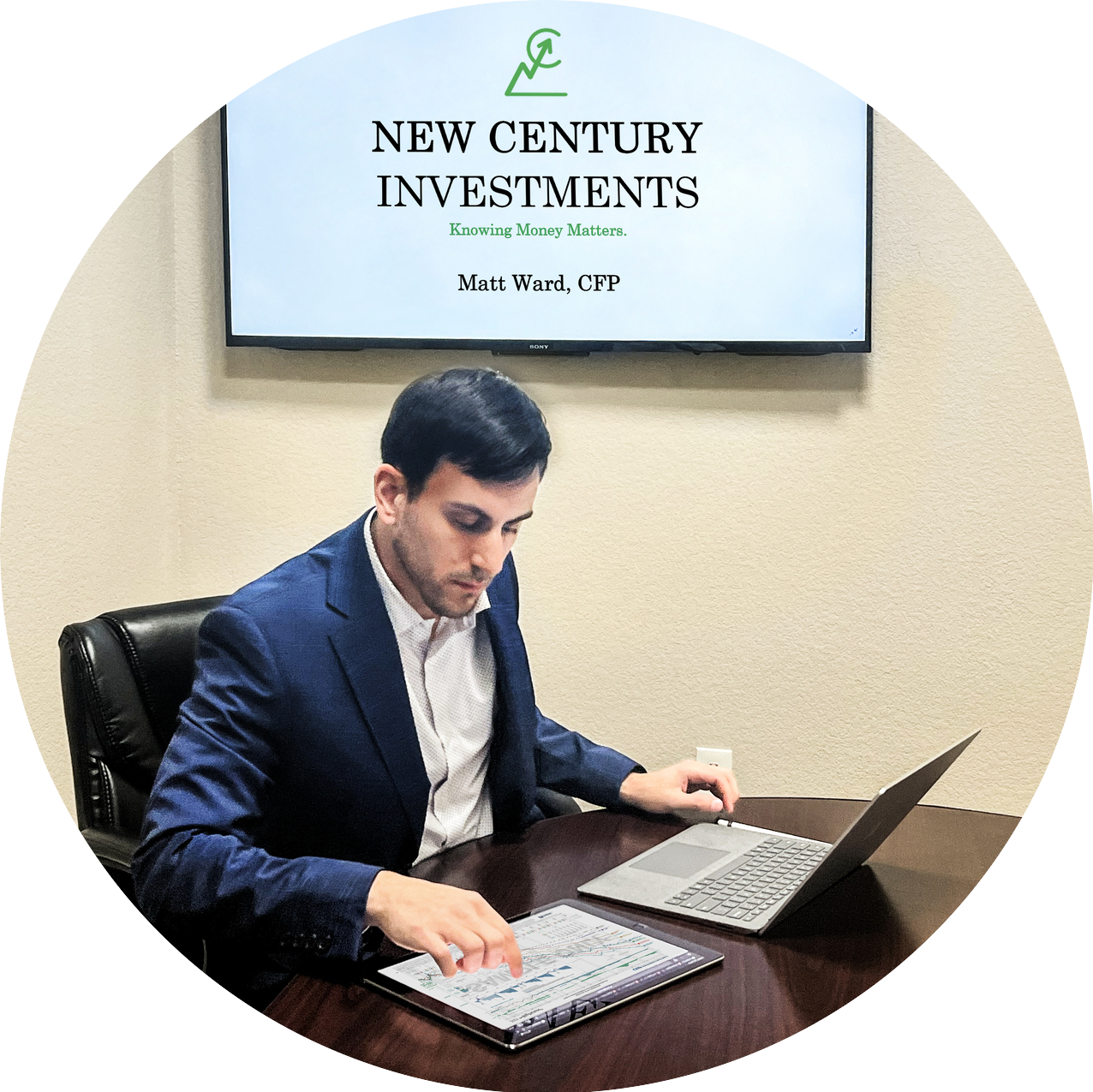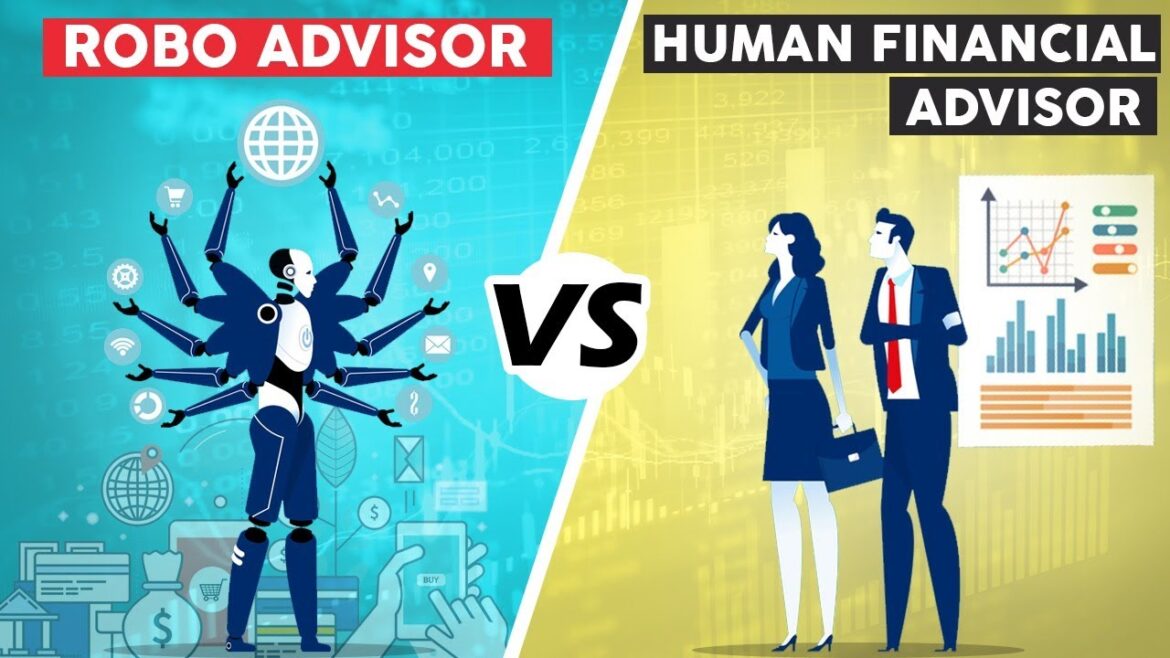While robo-advisors bring numerous advantages like lower costs and round-the-clock service, they also have their share of drawbacks. A key limitation is their inherent lack of personalized advice. Unlike human advisors, robo-advisors operate on pre-set algorithms and do not account for nuanced financial situations or sudden changes in personal circumstances. Additionally, the emotional intelligence and personal touch provided by a human advisor during turbulent market times or major life events are aspects that robo-advisors are simply not equipped to handle. Lastly, the reliance on technology raises questions about data security and privacy, with the risk of breaches posing a significant concern for users. As we embrace this tech-driven financial management system, it’s crucial to weigh these considerations before making a decision.
Robo-advisors may also struggle with complex financial planning scenarios that require more than just basic investment advice. For instance, they may not be able to provide guidance on tax-efficient investing or estate planning strategies, which are crucial for individuals with significant wealth. This limitation highlights the value of human advisors who possess the expertise and experience necessary to handle sophisticated financial situations.
Moreover, robo-advisors may not cater to unique investment styles or preferences. While they offer a limited number of portfolios based on risk tolerance and investment objectives, their inability to customize investments according to individual needs can lead to suboptimal returns and dissatisfaction among clients.
Another downside of robo-advisors is the lack of accountability for their advice. In case of a financial loss, it may be challenging to determine who is at fault – the investor or the robo-advisor. This can lead to potential legal and financial complications.
In conclusion, while robo-advisors offer convenience and affordability, they may not be suitable for every individual’s financial needs. As with any technology-based solution, it’s crucial to carefully consider the limitations and risks before fully relying on them for managing our finances. It’s also essential to maintain a balanced approach and seek professional advice when needed, as human advisors offer a level of expertise and personalized support that is unmatched by robo-advisors.
With the ongoing development and advancements in artificial intelligence and machine learning, it’s possible that robo-advisors may overcome these limitations in the future. However, for now, it’s vital to thoroughly assess our financial goals and needs before deciding to use a robo-advisor or a traditional human advisor. By understanding both the benefits and drawbacks of each option, we can make informed decisions that align with our long-term financial objectives. So while robo-advisors may not be perfect, they still offer an innovative and valuable approach to managing our finances in today’s tech-driven world. Let’s continue to monitor their progress and make informed choices that prioritize our financial well-being. Overall, the key takeaway is to strike a balance between utilizing technology for convenience and personalized guidance from human advisors for complex financial situations. Perhaps one day we will see a hybrid model combining the best of both worlds – technology and human expertise, but until then, let’s make thoughtful decisions that serve our financial needs to the best of our abilities.
About Matt
Matt Ward is a financial advisor and the president of New Century Investments, an independent investment advisory firm serving business owners, pre-retirees, and retirees in the Dallas-Fort Worth area and beyond. Matt is passionate about integrating investing, planning, and tax management into a holistic approach. Matt’s breadth of knowledge and experience in both taxes and investment management sets him apart, giving him the ability to design, advise on, and manage business strategies, tax efficiency, and retirement planning. He is known for his care and attention to detail and works hard to develop personal relationships with each of his clients so they can benefit from his customized service and guidance. He loves walking with his clients through their financial journey, supporting them and celebrating with them as they reach their goals.
Matt graduated from Texas Tech University with a bachelor’s degree and is a certified financial planner™ and chartered retirement planning counselor℠ professional. When he’s not working, you can find Matt hiking, playing the guitar, and spending time with his family. To learn more about Matt, connect with him on LinkedIn!
Matt’s Corner





